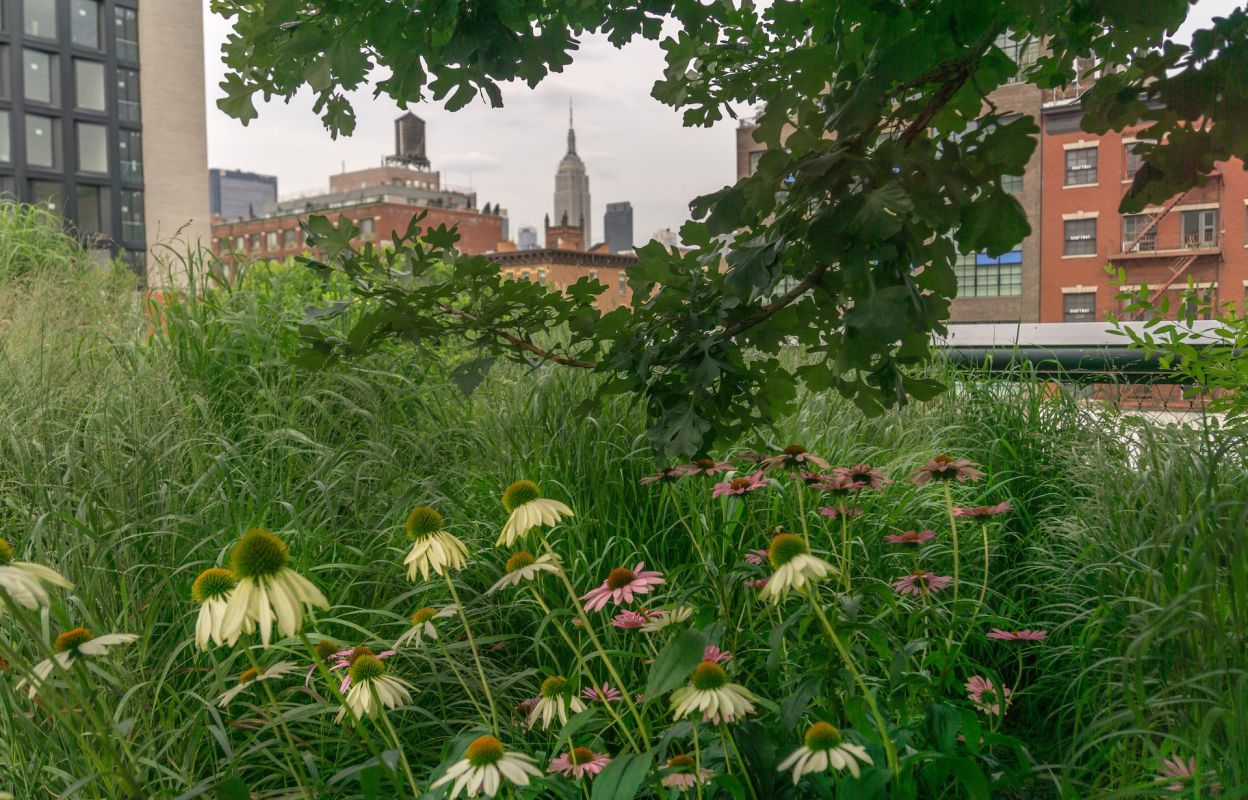Going to the park to feed the ducks is out, and going to the park to watch the beavers is in?
Introducing beavers to urban parks could foster biodiversity and increase parks' resiliency, suggests Ethan Freedman, a science and nature journalist, in an article for Slate. Brooklyn's Prospect Park, for example, is 526 acres of fields, wetlands, and forest. Beavers, which are native to North America and New York state, would find themselves right at home.
Parkgoers wouldn't have to worry about crossing the beavers' paths as they tend to live in small areas and prefer to remain in their aquatic environment. Prospect Park Lake wouldn't be at risk of getting dammed up, either. At 50 acres wide and 7 feet deep, the lake is too large for beavers to bother building a dam. Where lakes are to be found, beavers prefer to build their homes along the existing body of water instead of creating their own pond.
As ecosystem engineers, beavers promote the development of wetlands that would invite ducks, herons, fish, and amphibians to your neighborhood park. As they gnaw on fallen trees near waterways, beavers would allow space for more vegetation to flourish. Dams also decrease erosion, improve water quality, and reduce flooding during storms.
Of course, introducing beavers to urban parks would also likely pose some problems, Freedman explains. If beavers built dams over the park's creeks, it could result in flooding, submerging trails and vegetation. Nearby trees may be at risk of the beaver's bared buck teeth. And, because beavers are social animals, you can't just have one. Pairing a male and a female could result in offspring, and you don't want a brood of baby beavers unleashed on the big city.
Thankfully, there are simple solutions to these problems. Pond levelers can drain water from beaver ponds to prevent flooding. Because beavers don't like to move far from their homes, only trees by the water would be within gnawing range, and fencing could prevent beavers from felling any vital trunks. The park's beavers could be all female or male to ensure baby beavers aren't running amok.
"I think it's possible. I totally do," Benjamin Dittbrenner, a beaver expert at Northeastern University, told Slate.
Commenters were enthusiastic about the idea. "I have a beaver dam across the street from me, and it definitely leads to greater biodiversity," one wrote.
"Great idea! Beavers moving back will increase biodiversity, including creatures who eat mosquitos," another added.
Join our free newsletter for weekly updates on the coolest innovations improving our lives and saving our planet.









